What Does a COVID-19 Vaccine mean for Mortgage Rates?
What Does a COVID-19 Vaccine mean for Mortgage Rates?
On December 9th, The Bank of Canada announced that the overnight rate would remain unchanged at .25% which was not a surprise as it’s been at this rate for the majority of the year.
With the exciting news of several successful COVID-19 vaccines, it has increased the economic outlook, however there will likely be delays with the acquisition and distribution to Canadians. Given these delays it will still be some time before the economic impact of the vaccine is felt.
There is a growing consensus that the pandemic will “end” sometime in late-2021 and that fixed mortgage rates will move higher relatively soon in anticipation of that outcome. While the vaccination news is spreading, we have seen an increase to the 5 year government bond rates which are tied to fixed mortgage rates.
The Bank said that while inflation has increased to 0.7%, which shows some positive growth in the Canadian economy, it will likely hold rates at 0.25% until inflation reaches the 2% target.
This announcement means that the Bank continues to be committed to low rates for the foreseeable future. Both fixed and variable rates will remain at their current lows until the economic recovery is well under way, which should occur shortly after the vaccine has been broadly rolled out.
The stronger and quicker the economic recovery, the faster rates will move up. For those who are optimistic about the recovery, locking in with a fixed rate is the best strategy. For those who believe the recovery will be long and slow, a variable rate might be appropriate.
All things considered, rates will inevitably have to increase in the near future.

